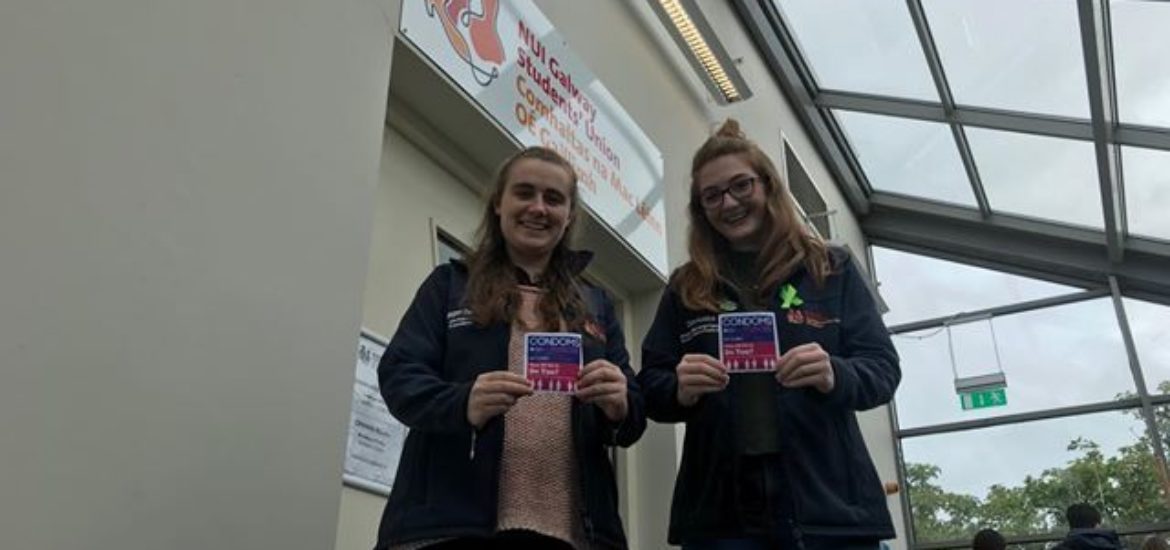By Áine Kenny
A recent NUI Galway survey revealed that 70 per cent of female students and 40 per cent of male students experienced “sexual hostility or crude gender harassment” by the time they were finishing college. Sex education at second level was also deemed unsatisfactory by 63 per cent of the male and 71 per cent of the female respondents. 75 per cent of LGBTQ respondents disagreed with the idea that sexual health education at school covered the topics they were interested in.
Alcohol and consent were also studied, with students being asked to examine a fictional sexual scenario between “Neil” and “Carol” after a night out. 67 per cent of students did not agree that Carol was too drunk to give consent, and 70 per cent of students did not think Neil too drunk to give consent, despite the fact they both drank 28 standard units of alcohol in the scenario. This means over two thirds of students believe that consuming double the weekly limit of alcohol in one night does not impair the person’s ability to give sexual consent.
Claire Austick, NUI Galway’s Students’ Union Welfare and Equality Officer, says the Students’ Union are taking steps to educate students about consent. “NUI Galway Students’ Union are running Smart Consent Workshops for first year students starting in September for the first time ever. We had the highest number of applicants, both staff and students, but mainly students, applying to become Consent Ambassadors to facilitate these workshops.”
“These will run for the first three weeks in the common room of Corrib Village and Goldcrest, which is newly opening in September, not including orientation week. For anyone interested, they can contact the SU.”
Clare believes that consent education is important for students. “I think consent education is extremely important and beneficial to students, as there appears to be a lack of education around the topic and sexual health in secondary schools. The information students are provided with at second level isn’t good enough. Students need to learn and realise what consent means and become aware of their own boundaries and those of others.”
“Sadly, sexual violence and harassment are still very prevalent in today’s world. Someone who goes through a non-consensual act can suffer very harmful consequences. It’s important to identify and address these issues. Consent isn’t a black and white, straightforward subject… it is a very complex topic, whereby a lack of consent given could potentially ruin lives. Consent is crucial to any part of human interaction and needs to be addressed,” she says.
The Students’ Union Vice President adds that universities in particular should take a strong lead in implementing consent workshops and providing information. “The aim of these consent workshops is to create a dialogue between students around consent, to empower the individual to communicate what they do or do not want, as well as setting and acknowledging their own boundaries.”
There were over 60 applicants initially to become Consent Ambassadors. “Which is a powerful statement in itself,” says Clare. “It shows how strongly staff and students feel about this topic and how willing they are to bring about positive and impactful change. These workshops help students identify, amplify and initiate change for the better.”
Photo Credit: NUI Galway Students’ Union
